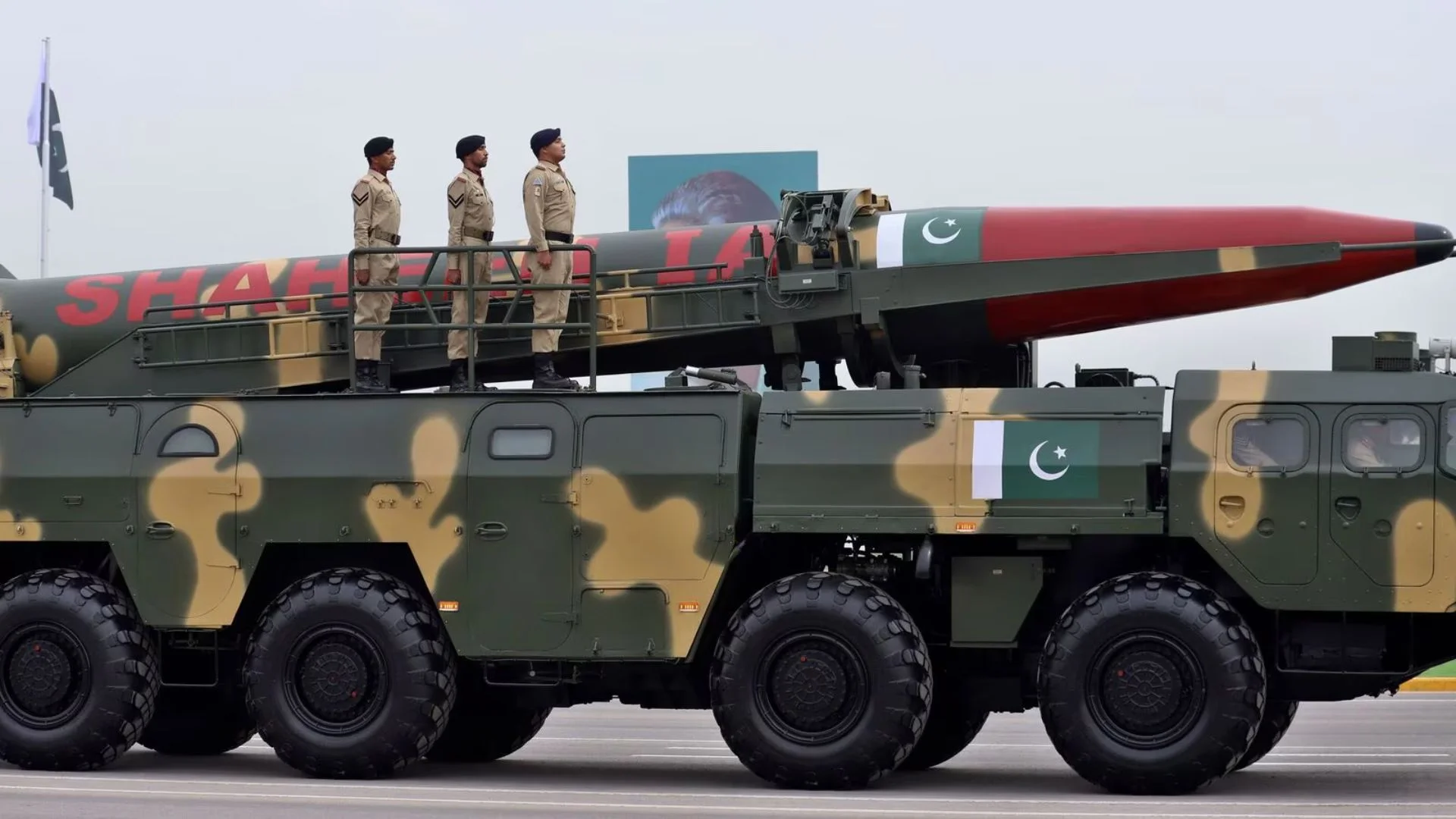
To coincide with the UN International Day of Older Persons on 1 October 2022, the Agewell Foundation has carried out a survey on the contribution of older women among 10,000 older persons with support from its volunteers spread across the country. Survey findings indicate that women have to face socio-cultural deprivations and gender discrimination throughout their lifetime. Low literacy, low participation in gainful jobs, poor access to services or assets, and poor healthcare or nutrition make older women more vulnerable.
In spite of all odds, women outlive men. As per the Census population projection report, life expectancy at birth in 2022 is 69.4 years for men and 72.7 years for women. When life expectancy at the age of 60 is calculated, elderly women find they live for 25–30 years in old age.
Women always play constructive and positive roles throughout their lives and contribute at all levels, be it family, society, or nation. In India, women, particularly older women, are known for their sacrifice, integrity, and commitment towards the wellbeing of their respective families and communities.
Over half of all older women face marginalization and discrimination on the basis of their gender. Traditional gender roles and norms are considered responsible for gender-based marginalization and discrimination.
Women, particularly older women, are stronger psychologically and socially and are healthier than their counterparts. It has been clearly seen during the Covid phenomenon that older women have more stamina than older men. In India, 73% of all reported mortalities were in men and 27% in women through May 2020.















